The ant life cycle consists of 4 main stages: egg, larva, pupa, and adult.

1. The Egg
The queen ant lays fertilized eggs, which are small, white, and oval in shape. They are usually deposited in the brood chamber of the nest.
2. The Larva
The eggs hatch into larvae, which are legless and helpless. Workers care for the larvae, feeding them a special secretion from their bodies called "royal jelly." The larvae grow and molt several times before pupating.
It has a black dot on one end of the cocoon called the meconium which, believe it or not, is the larva's one and only fecal pellet, built up over the entire course of the ant’s larval life.
During the larval stage of an ant, they don’t poop at all, which helps keep the nest clean, as ant larvae are generally unable to crawl far distances to get to the colony bathroom area. Thus, ant larvae poop is excreted only once in the larva's entire life, expelled inside the cocoon right at pupation. After some development in the pupa, the ants emerge as full-grown ants; a process known as enclosing.

3. The Pupa
The larvae transform into pupae, which look like adult ants enclosed in cocoons. During this stage, the pupae undergo metamorphosis, and their bodies undergo significant changes to become adult ants.
Some ants have naked pupae, which appear as white, seemingly mummified ants, while others have pupae encased in cocoons. These cocoons which are formed with the larva's silk (often require the help of adult ants who bury the larvae with debris to give the larva a framework in which to spin their cocoon.
4. The Adult
Once the pupal stage is complete, the adult ant emerges. Workers, soldiers, and reproductive ants all have different physical characteristics and perform different tasks within the colony. Adult ants live for several years and perform various tasks to maintain the colony, such as foraging for food, caring for the young, and defending the nest.
The life cycle of an ant is a remarkable process of growth, development, and specialization that is integral to the survival and success of the colony.
#ant #antlife #antegg #antworm #antlifecycle #antlife
Visit our SHOP for more supplies collection.
For more detail questions, just give us a call: (415) – 690 - 7377
or email: plantedants@gmail.com

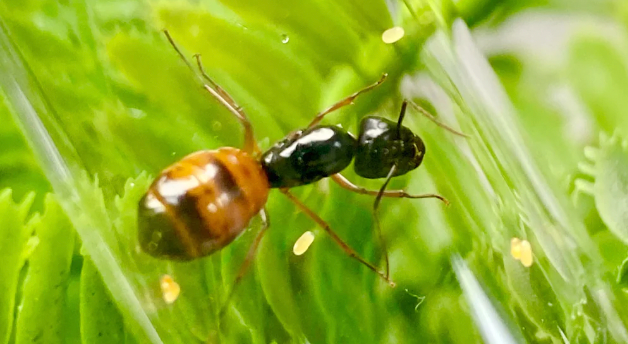
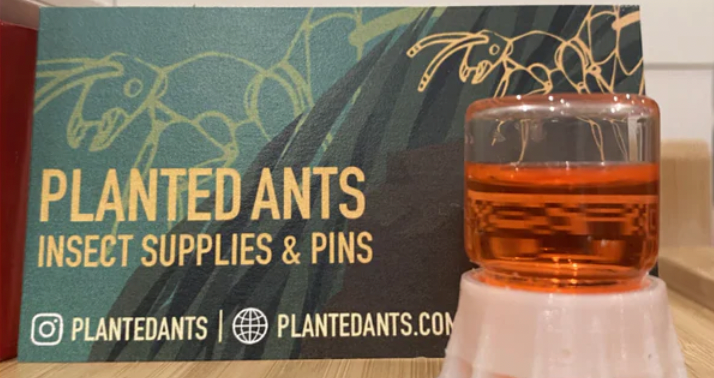

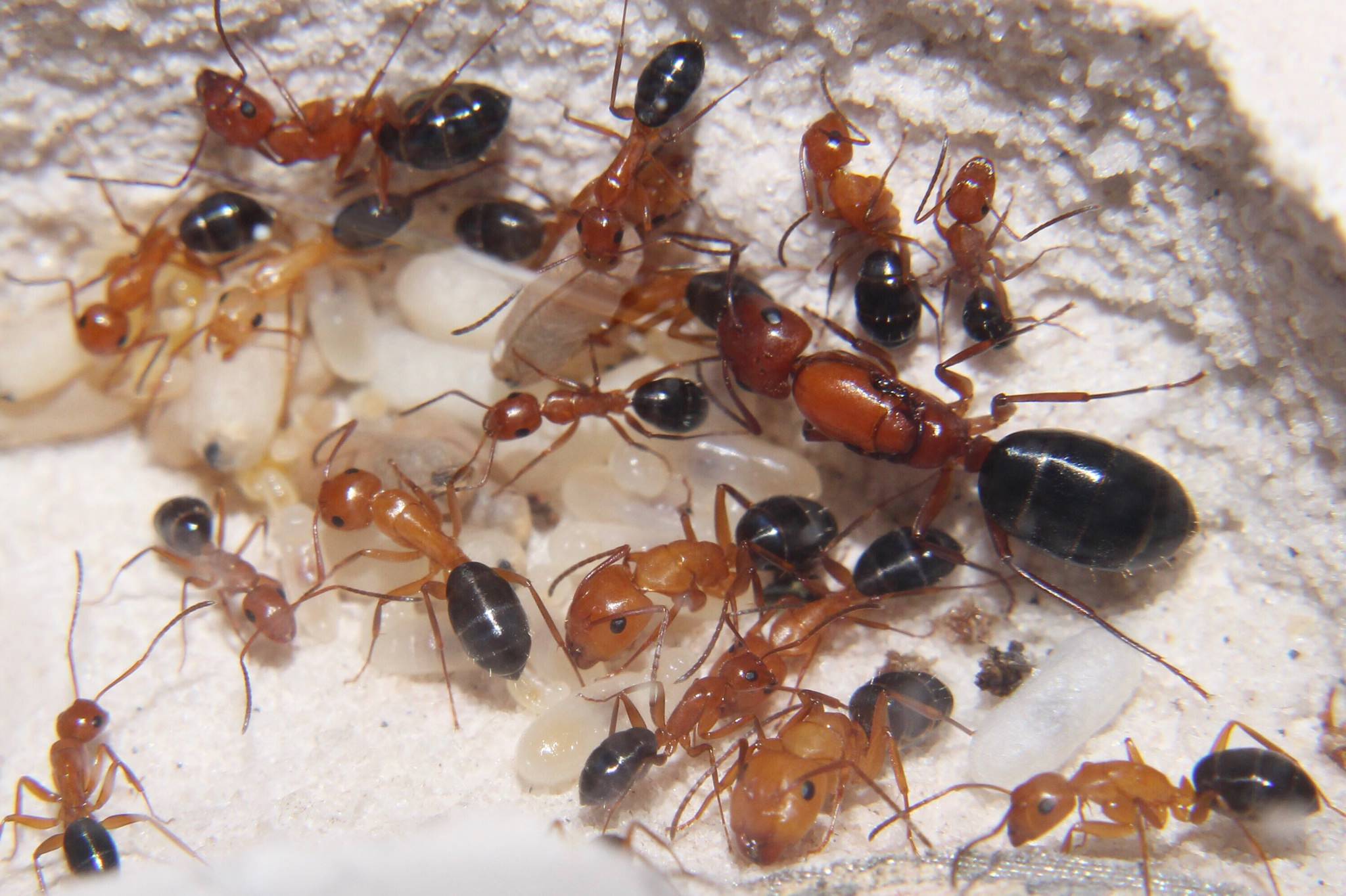
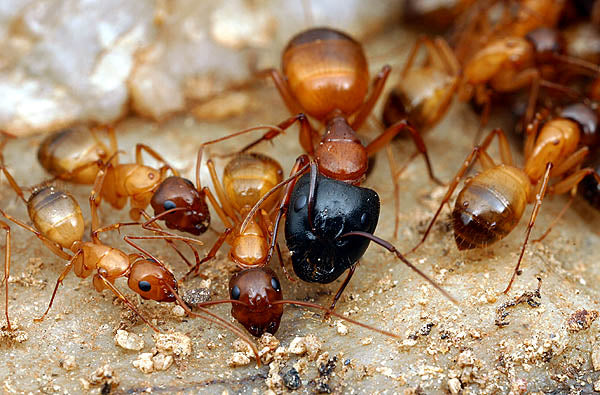

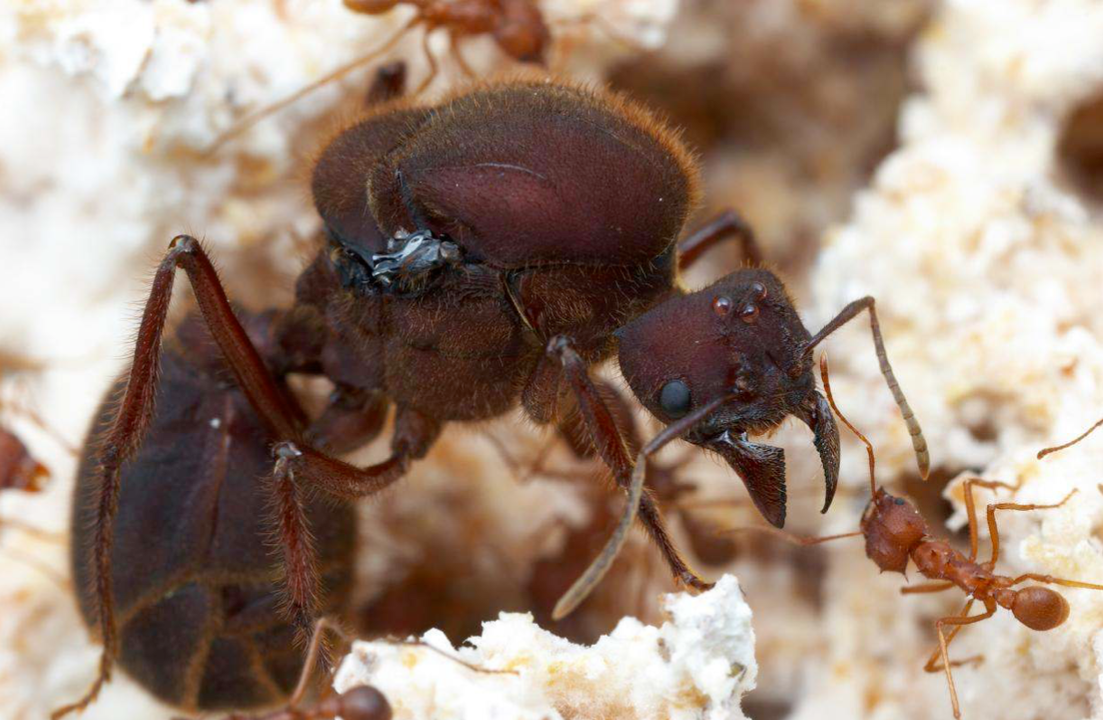
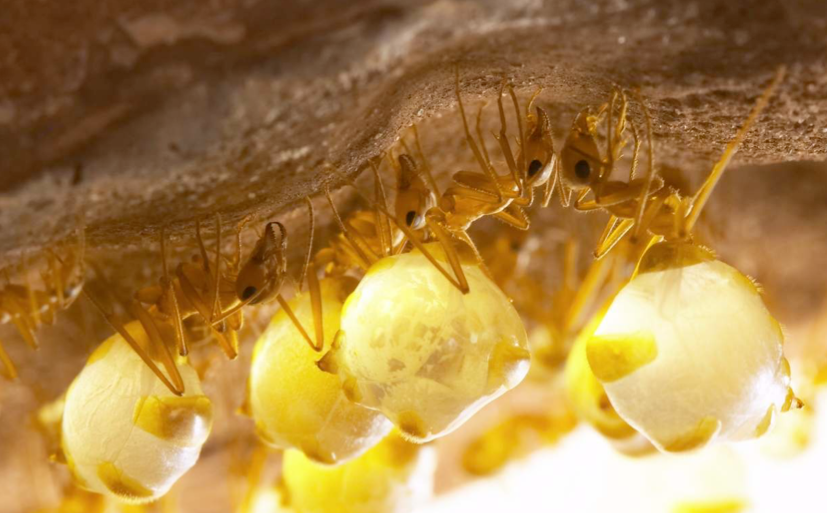
Leave a comment
This site is protected by hCaptcha and the hCaptcha Privacy Policy and Terms of Service apply.